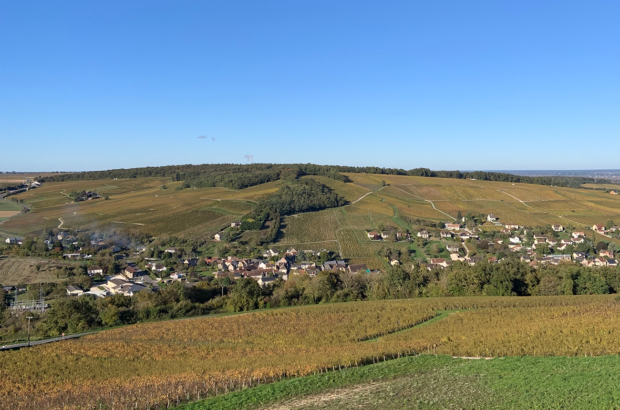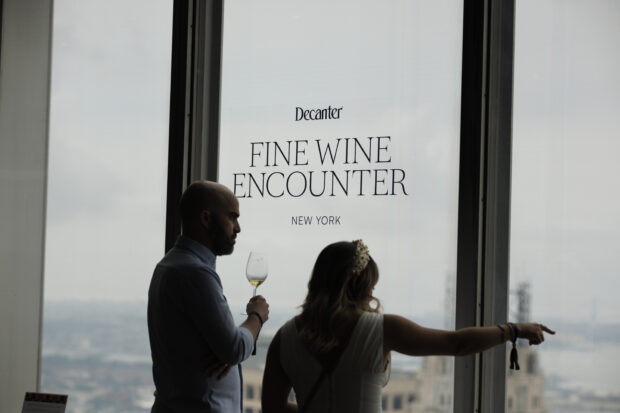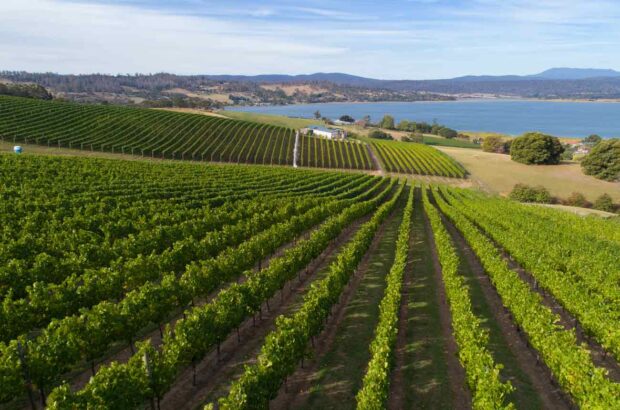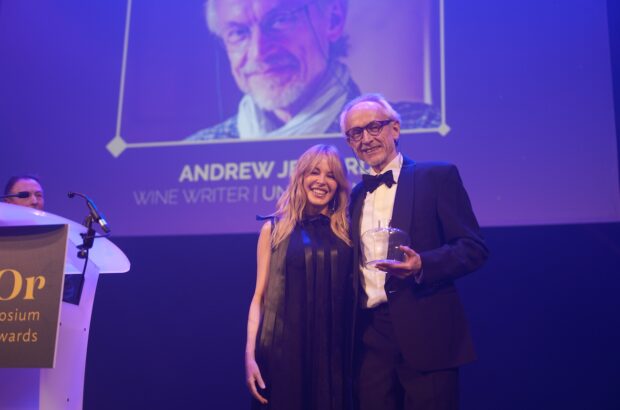The perfect evening? There’s no formula, of course. If the final hours of the day weave great wine with great music, though, I will generally make my way happily to bed.
The wine ensures that the music is felt with more emotional intensity than usual, while the music gives the wine an extra cultural richness. Both leave thought unfettered (in contrast to a dose of TV). Thus the difficulties of the day can be shucked and shrived.
Attempts are made, from time to time, to formalize or cement this relationship. There have been music compilations for specific wine choices, while producers have ditched food recommendations for musical ones on their back labels; I have, in the past, been involved in a project to create ‘production-music’ interpretations of the personalities of different grape varieties; while the natural-wine judging round of the innovative Adelaide Review ‘Hot 100’ unfolded recently to a specially commissioned composition by Eugene Ughetti.
The problem with such initiatives is that tastes in music are far more disparate and divisive than those in wine. An evening with my Schubert or Shostakovich cds may be sheer misery for you; while if you want to explore the works of Van Morrison or Elton John, then I’m outta here. Some may think Queen’s Absolute Greatest the perfect accompaniment to that long-treasured bottle of Haut-Brion 1990. Anything is possible.
The Cava producer Recaredo recently celebrated 50 years of its Reserva Particular by showing six vintages in its Sant Sadurní d’Anoia cellars – to music. This family company is run with purity of spirit and attention to detail by Ton Mata, together with his father Antoni and uncle Josep. The vineyards are biodynamically cultivated (with both organic and bd certification); Recaredo produces only unsweetened, vintage Cava from its own hand-harvested fruit; every bottle undergoes its second fermentation under cork, and is manually disgorged without freezing. The Reserva Particular usually comes from just two vineyards, and is a blend of barrel-fermented Xarel-lo and steel-fermented Macabeu.
They are fine Mediterranean sparkling wines: weighty, full, tongue-coating, refined and profoundly aromatic, with that aromatic repertoire evoking meadow flowers, straw, aniseed, fennel, almond and fresh fig. Utterly different from Champagne, in other words, and as such a worthy alternative seam of inspiration to those wishing to create sparkling wine in climates warmer than Champagne’s.
Anyway, Ton, his father and his uncle had, back in June, not only invited the Catalan sommelier Josep Roca to taste and prepare comments on the six wines shown (2001, 1999, 1996, 1993, 1991 and 1984), but also invited the Cuban pianist and composer Omar Sosa to create compositions for each. Both shared their work with us as we tasted.
Sosa’s six pieces were accomplished, diverse and musically inventive. His musical idiom, moreover, was the perfect choice for a large group. One instrument; no voice; and musical ideas and forms of expression which (in moving easily from Havana to Tunis via Vienna and Harlem) seemed to defy categorization. The result was genuinely meditative, perfectly combining the serious and the informal. Music and wine: it can be done.
As a postscript, let me reflect on something else. Following my blog on closures of two weeks ago, I received a thoughtful email from Harry Dickinson of Seraph’s Crossing in the Clare valley. It wasn’t, Harry said, either tca or random oxidation that most bothered him about cork, but rather ‘cork murk’, which he compared, memorably if tendentiously, to dirty windows, or pre-op cataract-affected vision.
The Recaredo Cavas, of course, are sparkling wines for which cork contact is sought, being not merely bottled under cork but aged under cork, too. That (healthy) cork note is a part of their aromatic spectrum, though its prominence varies from vintage to vintage (it was particularly marked in the 1991 about which I wrote, after the first sniff, ‘Halliday would hate this’); it is something their creators wish for, and their consumers enjoy. Given the significance of the cork oak around the Mediterranean basin, why not? Nonetheless Harry’s point is worth making, and culturally appropriate to the bright light and resolute pragmatism of Australia (where cork oaks are alien intruders). It would be wisest, I think, to accommodate ourselves to both points of view.
Written by Decanter







